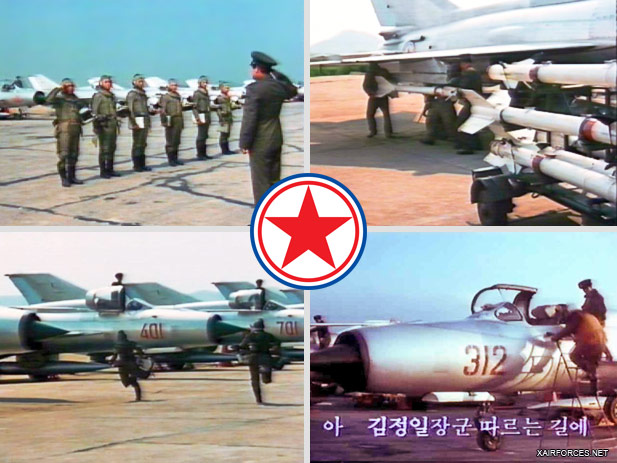
A second Korean War is possible, but it won’t happen

The sudden death of maverick North Korean strongman Kim Jong-il has not come as a surprise, as talks about the impending succession of power have been going on for a long time. It was also well known that Kim would be succeeded by his third son, Kim Jong Un. The only question that remains open is whether a second Korean War is possible.
A threat of a new large-scale military conflict has been hanging over the peninsula for the last 60 years. Both sides are constantly bracing themselves for another war. If the alliance with the US helps South Korea not to exhaust itself, North Korea even in Soviet times knew it had to take care of everything by itself. The quite tough stand taken by the Soviet Union showed North Korea that it would not allow itself to be dragged into another war. The USSR stopped North Korea from reacting to a variety of incidents, such as the attack on the American jet in the Japanese Sea in April 1969.
The Army enjoys a privileged status in the North Korean political system, but its condition is poor. North Korea is politically isolated. On its own, the country has no resources to build up an up-to-date military machine. The army is a picturesque conglomerate of the ideas and system of the 1940s-1960s with some modern touches.
Unprotected and slow-moving infantry is the very core of the army. It has powerful artillery, but lacks sufficient mobility, as towed guns prevail. The command system is also archaic with communications problems causing unpredictable results.
The Air Force is equipped with 500 Soviet and Chinese fighters, the newest of which are outdated MiG-29 fighters. There are also about 200 ground attack aircraft.
The Navy feature a few diesel-powered submarines, ships and motor boats. According to military experts, they can damage an enemy only off the coasts.
The leadership of the country understands the shortcomings of the army, counting mainly on nuclear weapons as the only means of containment. North Korea also has the world’s third-biggest chemical weapons arsenal.
North Korea is bracing for a war with the extensive use of Special Forces trained to wage a partisan guerilla war. There are almost 80 thousand infantrymen prepared to fight in the enemy’s rear.
South Korea has no ambition to annex its northern neighbor even having an enormous military advantage. If it decided to do so, it would have to earmark almost 1.5 trillion dollars to support North Korea’s economy. The reunion of two Koreas in the German style is also unlikely.
And, still, a war is a possibility. It may start from a provocation in which the other side would respond, fearing to lose face. We saw an example of this kind last year in the artillery duel on the Enphendo Island.
Fears of a possible provocation explain the reaction of the Korean military leadership. The military has been put on alert in the wake of Mr Kim's death and has also shown that it is prepared to tackle a possible conflict by testing a mid-range missile.
The missile and nuclear programs of North Korea are the country’s main advantage in any talks, while demands to give them up are a necessary condition of any proposed help from abroad.
Source: By Ilya Kramnik, 23 December 2011 - Voice of Russia News (www.english.ruvr.ru)
Photo: North Korean Air Force (Photo by http://bemil.chosun.com)
(24.12.2011)
|